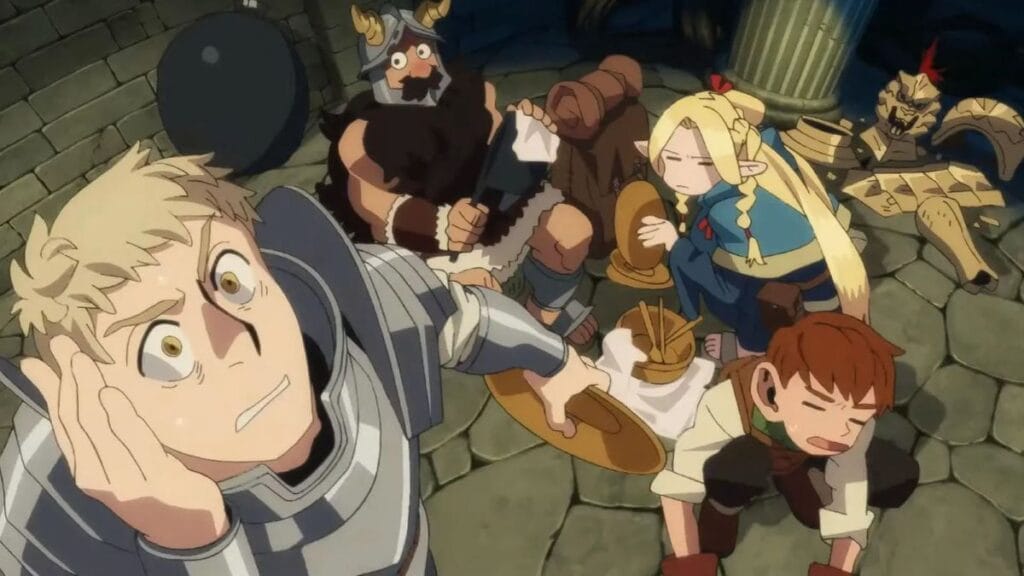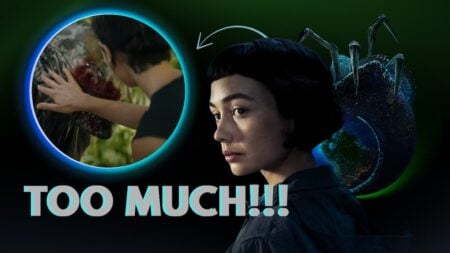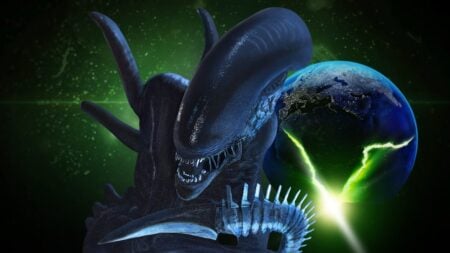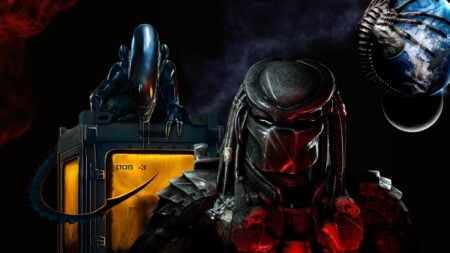Skip To...
Netflix’s Delicious in Dungeon anime borrows a lot from the cultural perception of Dungeons & Dragons. E. Gary Gygax’s classic is still the go-to tabletop RPG for millions of fans. TV shows and movies used to consider rolling a D20 shorthand for irredeemable social isolation. Since the game is enjoying a long-winded renaissance, a project speaking up for the old methods was long overdue. Delicious in Dungeon remembers the early editions and lends them some new life.
Dungeons Used to Mean Something

I picked up Dungeons & Dragons shortly after its Fifth Edition was released. Most fans likely enjoyed similar experiences. I credit actual play podcasts with between 60 and 80% of the modern popularity of TTRPGs. Series like The Adventure Zone and Critical Role launched 5E into public consciousness. That leaves a considerable population of the fanbase blissfully unaware of the earlier examples. As an anime, you’d expect Delicious in Dungeon to fall closer to 5E than any other edition. 5E feels more designed to create legendary heroes than hard-living warriors. The player-characters in the first few editions tended to die before they could attain their mightiest forms. Powerful arch-mages and indomitable champions rarely have to worry about bringing enough food into a dungeon. How often do you see Shonen anime heroes make camp, cook food, and sleep? Delicious in Dungeon gives you that.
Every edition of D&D presents rules for surviving the long quests players must undertake. When leaving town to raid a dungeon, a wise party stocks up on rations, water, and tools. These provisions are expensive and heavy, forcing adventurers to plan ahead. Most Dungeon Masters toss those requirements before the first session. They represent limitations that move away from the most exciting elements of the game. Players and DMs want drama, action, and humor. Epic stakes make better backdrops for the jokes and fights most fans see in their heads. Countless workarounds exist to maintain realism while avoiding limitations. Both anime and TTRPGs can cut around restrictions to create something easier. Delicious in Dungeon finds an appropriate “anime way” to make those restrictions fun.
A Delicious in Dungeon Campaign Could Be Fantastic

The premise of Ryōko Kui’s Delicious in Dungeon sees a small adventuring party venture into a seemingly endless underground structure to save a friend. They have no money for supplies, and their last failed endeavor left them without most of their inventory. Laios, the team’s fearless leader, decides they’ll hunt monsters for food. They encounter a Dwarf named Senshi, who boasts extensive experience in both dungeon diving and the culinary arts. Laios travels with a classic Dungeons & Dragons party and a familiar goal. The draw quickly becomes hunting specific monsters and creating recipes to make them delicious. A video game adaptation would be one part Monster Hunter and two parts Cooking Mama. By combining several things anime already does well, Netflix’s take on Ryōko Kui’s series could send players running back to old D&D.
The glorious visuals of 2D anime suit almost everything. They accomplish two things with unmatched perfection. 2D anime is the best imaginable medium for bombastic fight scenes and shots of food looking delectable. The inherently epic nature of an anime combat scene translates across generations and art styles. When a live-action project captures something transcendent in its fluid application of violence, many compare it to anime. Simultaneously, some food appears almost impossibly tasty when depicted in 2D. Studio Ghibli films are a great go-to example of this phenomenon. Delicious in Dungeon perfectly matches those two elements and uses them to elevate old-school D&D. Anime shows gave tons of TTRPG fans guidance in character design and action direction, but this one shines a new light on the draw of the game. Just as Goblin Slayer made fans want to swing swords, Trigger’s latest makes us want to conserve food.
Placing limitations on a character in a story is critical. Even a show like One Punch Man puts boundaries on its comical main character. TTRPG characters can only be powerful within the bounds of the game system, lest they leave their party mates behind. Delicious in Dungeon finds the fun in limitations. The show’s heroes struggle more with poverty and starvation than with giant scorpions and zombies. Death at a monster’s hand is less dangerous than the financial suffering of constant failure. Delicious in Dungeon doesn’t feel like any other D&D-inspired work, but it might understand one appeal of the game more than most.







